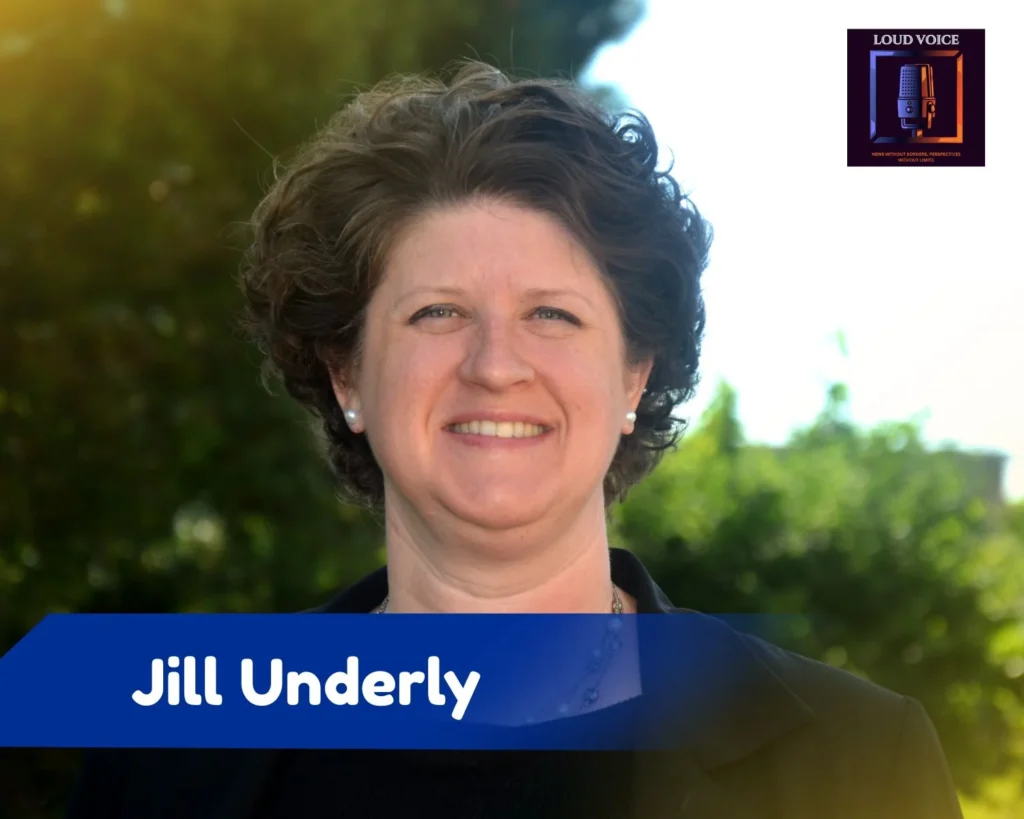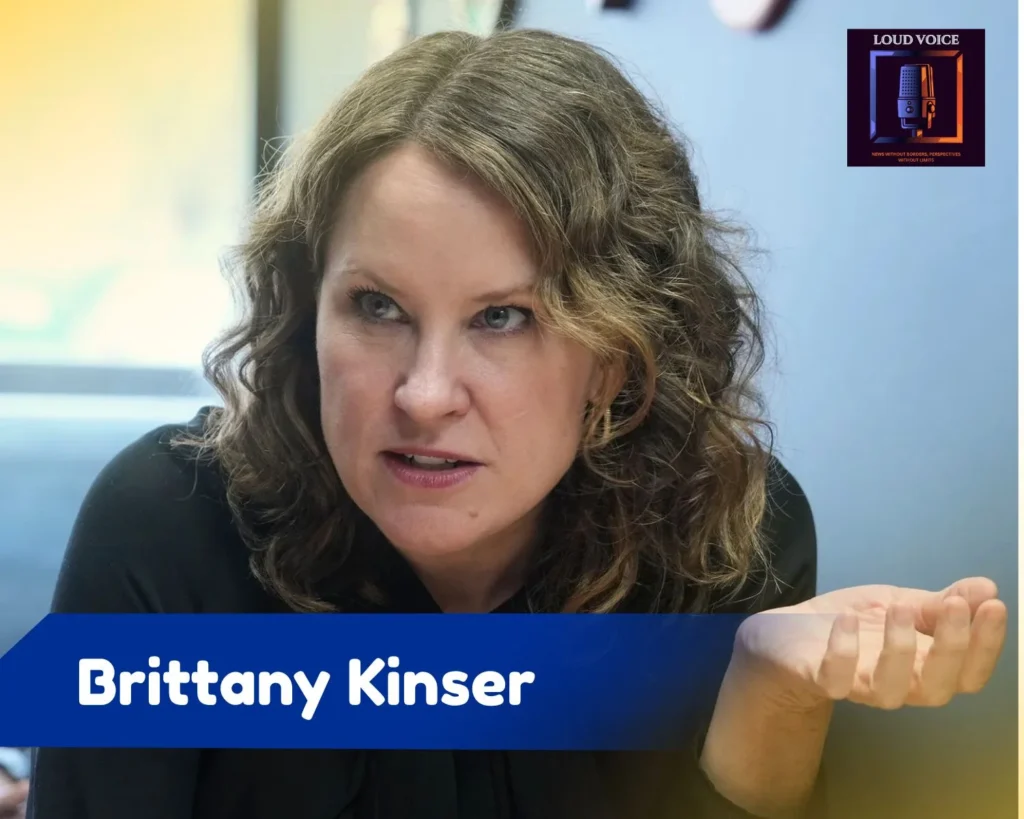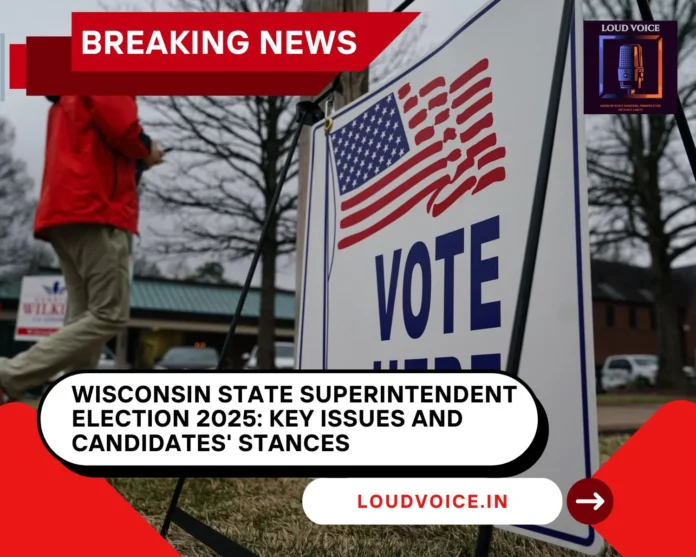Wisconsin State Superintendent Election 2025: What Voters Need to Know
As Wisconsin heads into the 2025 spring election, the race for State Superintendent of Public Instruction is drawing significant attention. Voters will determine whether incumbent Jill Underly secures a second term or if newcomer Brittany Kinser will take on the role of leading the state’s education system.
This election carries major implications for K-12 education, particularly in areas such as school funding, educational standards, and school choice policies. Given the increasing polarization in education policy, this race has attracted significant financial backing from partisan groups, making it one of the most highly watched elections in the state.
Meet the Candidates
Jill Underly
Underly, 47, has an extensive background in education. She started her career as a high school social studies teacher in Indiana before serving as an adviser at the University of Wisconsin-Madison. She later worked in the federal programs division at the Department of Public Instruction (DPI) and was superintendent of the Pecatonica Area School District. In 2021, she was elected as Wisconsin’s State Superintendent and is now seeking re-election.

Underly’s tenure has focused on strengthening public education by advocating for increased school funding, resisting voucher expansion, and implementing changes to standardized testing to more accurately reflect student achievement. She has repeatedly emphasized her commitment to defending public schools from what she perceives as efforts to undermine them through privatization.
Brittany Kinser
Kinser, also 47, has experience in both public and charter schools. She began as a special education teacher in Chicago Public Schools before transitioning into an instructional coaching role at the district level. She played a key role in launching Rocketship charter schools in Wisconsin and later led City Forward Collective, a nonprofit advocating for charter schools and vouchers. Currently, she works as an education consultant focusing on literacy initiatives.

She has positioned herself as a reformer who believes Wisconsin’s education system needs a shift toward innovation and accountability. While she has avoided explicitly stating whether she would expand voucher programs to higher-income families, her history suggests a strong alignment with school choice advocacy groups.
Key Election Issues
School Choice and Vouchers
- Underly: Strongly opposes private school vouchers, arguing that they divert essential funding from public schools. She believes all public funds should be used to support traditional public schools, which serve all students without discrimination. Underly has vowed to resist efforts to expand school choice programs and has expressed concerns that voucher schools lack the same level of oversight as public institutions.
- Kinser: Supports school choice and believes families should have alternative education options when public schools fail to meet expectations. She argues that school choice can serve as a mechanism to improve overall education quality by fostering competition. However, she has not provided specific details on how she would regulate voucher programs to ensure quality and accountability.
Educational Standards and Testing
- Underly: Overhauled the state’s standardized test benchmarks last year to better reflect student achievement. Critics, including Kinser and Republican legislators, argue that these changes effectively lowered educational standards. Governor Tony Evers recently vetoed a bill that sought to restore the previous benchmarks. Underly maintains that the changes were made in response to input from educators and were intended to provide a more accurate picture of student performance.
- Kinser: Opposes the new proficiency benchmarks, arguing that they misrepresent student performance and set lower expectations for students. She advocates for a return to previous standardized testing standards, which she argues provided a more consistent and reliable measure of student achievement. She has also voiced concerns that sudden changes in assessment criteria could make it difficult to track long-term trends in education performance.
School Funding and Referendums
- Underly: Advocates for increasing state funding for public schools, citing the rising number of school districts forced to ask taxpayers for additional funds through referendums. She has even suggested legal action against the state Legislature if school funding is not adequately addressed. Underly argues that Wisconsin’s current education funding model is outdated and disproportionately affects low-income districts.
- Kinser: Proposes restructuring the way Wisconsin distributes school funding, shifting a greater financial burden to the state instead of relying on local taxpayers. While she has not provided a detailed plan, Kinser has suggested exploring new funding formulas that would be more equitable and sustainable over the long term.
Campaign Financing
- Underly: Has raised around $1.3 million, with significant funding from the Democratic Party of Wisconsin and teacher unions. Much of her financial backing comes from organizations that support increased public school funding and oppose privatization efforts.
- Kinser: Has raised approximately $2.4 million, with major contributions from the Republican Party of Wisconsin and high-profile donors such as Richard and Elizabeth Uihlein. Her financial support largely comes from groups that favor school choice and education reform initiatives.
The Bigger Picture: National Influence on Wisconsin’s Education
The next state superintendent will lead during President Donald Trump’s second term, as he pushes to reduce the federal government’s role in education. Underly has positioned herself as a staunch defender of public schools in response to these changes, while Kinser has emphasized the need for constructive dialogue with federal officials.
The election is taking place in a broader political environment where debates over curriculum content, teacher shortages, and educational equity continue to dominate national conversations. Both candidates have acknowledged that Wisconsin’s education system must adapt to a changing landscape, though they propose vastly different solutions to address these challenges.
Election Information
- Election Date: April 1, 2025
- Early Voting: Began on March 18, 2025
- Voting Method: In-person, absentee, and mail-in ballots available
Conclusion: Why This Election Matters
With education at the forefront of Wisconsin’s policy discussions, this election will shape the future of K-12 learning in the state. The outcome will influence funding decisions, curriculum standards, and the extent to which school choice programs expand in Wisconsin. Given the stark contrasts between Underly’s and Kinser’s visions for education, voters must weigh the long-term implications of their choice carefully.
As the race intensifies, it is crucial for Wisconsin residents to stay informed, assess each candidate’s policies and track record, and participate in the democratic process. Make your voice heard in the 2025 State Superintendent election.


